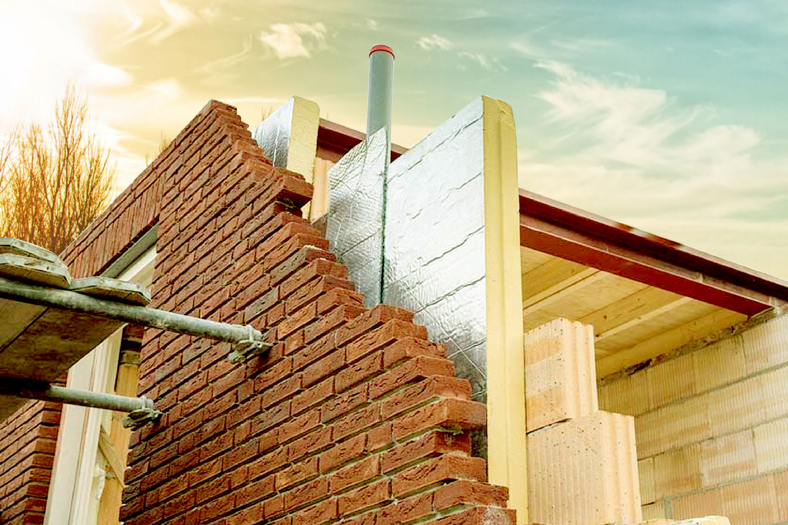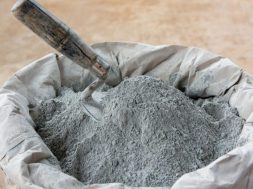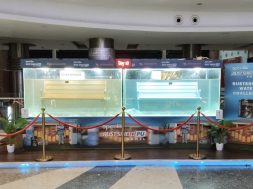Insulation solution for eco-friendly structures

The rising global concern for environment-friendly solutions in construction sector has pushed the demand for structural insulation.
With a significant growth in construction sector supported by rapid development in infrastructure and construction sector in India, the demand for structural insulation has seen a multi-fold rise in less than a decade. It is also likely that ongoing technological advancements in residential and commercial construction along with added concern for energy conservation and reduced operational expenses will further augment industry demand. According to the Global Construction Perspective and Oxford Economics, the US, India, and China will account for around 57 per cent of the total growth in the construction and engineering market by 2030. While, globally, building thermal insulation market size is estimated to surpass USD 35 billion by 2025, according to a new research report by Global Market Insights, Inc.
The rising global concern for environment-friendly solutions in every walk of human life has also pressed the developers to increase the usage of structural insulation technology while constructing large structures. Moreover, such technologies also provide longer life to the structures. A durable structure is the one that is long lasting, survives from storms, fires, droughts and vermin. According to Vinay Pratap Singh, Business Unit Director, ROXUL ROCKWOOL Technical Insulation India Pvt Ltd, when specified as the core of an insulated panel, Rockwool products provide occupant comfort and safety with outstanding fire ratings, as well as energy savings for today’s eco-conscious builder and tomorrow’s code-driven changes. Nevertheless, such applications have added cost but it increases the durability to the structure. “On average, it costs five times more to manage and maintain a building over its life than to build it. Buildings made of durable components require less technical supervision and refurbishment, which mean savings in energy and materials used for maintenance and repair over the lifetime of the building,” said Singh.
Important features
There are various connected activities in structural insulation like design, detailing and ancillary material selection that are done to result in easy and fast realisation of panel work and every small detail taken into account at the planning level. According to Tukaram Devkar, Sr. Executive Tech and Marketing, Lloyd Insulations (India) Ltd, there are some definite guidelines to maintain the installation system to result in a long trouble free life of building. Insulated Panels, having accelerated the construction speed, been a significant step in prefabrication. “The durability of the sandwich panels depends on the production features, selection of proper facing with a sufficient coating thickness and core material thickness with suitable density, proper transportation and storage at site on determined conditions, a detail design, proper erection practices and some guidelines to maintain the installed system as well as the performance features,” said Devkar adding that hazard-free and safe disposal of manufactured materials and maximum use of recycled raw materials (like slag from foundries and steel plants) are primary concerns at all times.
Buildings made of durable components require less technical supervision and refurbishment.
Vinay Pratap Singh, Business Unit Director, ROXUL ROCKWOOL Technical Insulation India Pvt Ltd
Hazard-free and safe disposal of manufactured materials and maximum use of recycled raw materials are primary concerns at all times.
Tukaram Devkar, Sr. Executive Tech and Marketing, Lloyd Insulations (India) Ltd
7
Cookie Consent
We use cookies to personalize your experience. By continuing to visit this website you agree to our Terms & Conditions, Privacy Policy and Cookie Policy.






